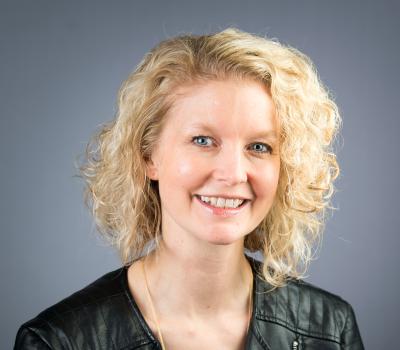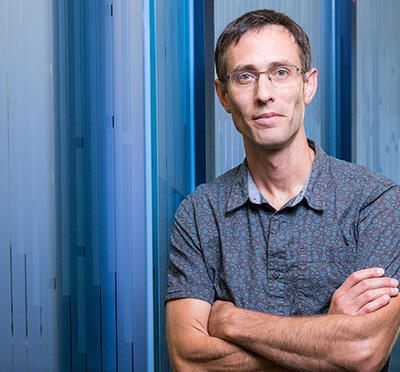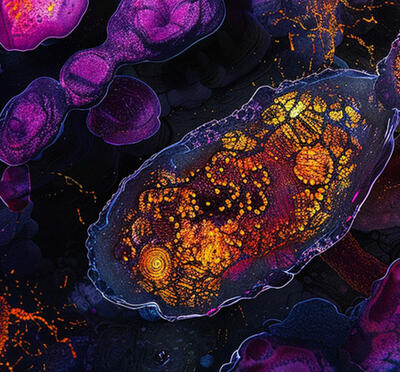The National Academy of Engineering’s Grand Challenges Scholars Program brings together engineers to solve some of the 21st century’s biggest societal problems. Through her involvement with COE’s Leadership Academy, Helena Raposo represented Oregon State at the GCSP global summit in London in 2019.
“I got to work on a project with students from universities around the world,” Raposo said. “In research, and really in anything that you do, getting different perspectives is crucial, because you never know who is going to come up with the best idea. Being open-minded is so important to meeting your goals.”
Raposo, who grew up in Brazil and moved to Portland during high school, says her main goal in engineering is improving people’s lives. Off campus, she worked as a caregiver for a local company. On campus, she was involved in research and worked with students through her position as program management intern for the Leadership Academy. Now that she’s recently graduated with a degree in bioengineering, she is taking a year off to continue research while preparing for her next step: applying to M.D.-Ph.D. programs.
When Raposo first heard about M.D.-Ph.D. programs, she was working for Oregon Health and Sciences University during the summer of 2019.
“I got to talk to different admissions personnel and some M.D.-Ph.D. students,” she said. “I got to hear about what they do and the research they work on. So, that was, like, bam! I want to do this, too.”
Raposo likes the way the dual-degree program focuses on both patient care and research. She sees medicine and engineering as two sides of the same coin.
“For me, it’s really thinking about how I can understand problems to better solve them,” she said. “If you do research, you’re trying to understand the root of the problem; in medicine you’re trying to get to the root of the disease.”
Raposo’s first experience with research was during the summer of her second year. She sought out an opportunity to work at Oregon Health & Science University’s National Primate Research Center and landed a fellowship. She spent the summer studying neural stem cells, specifically how hyaluronic acid impacts the growth and development of neural stem cells in the presence of neurodegenerative diseases like Alzheimer’s.
“It was definitely a learning curve because it was my first time working in a lab,” Raposo said. “But understanding it was something that was, and still is, very important for me. I think anyone that knows someone with a disease like this would be more curious to learn about it and try to find a way to solve it.”
When she returned to campus that fall, she overheard her physics class teaching assistant talking about his research one day in a biophysics lab. Raposo asked if they could use a hand and ended up securing a volunteer position with Bo Sun, the lab’s principal investigator. Her focus was on running experiments with a collagen matrix that mimics the setting of a tumor surrounded by healthy cells. The experiments gave Raposo and other researchers the chance to study the mobility and behavior of cancer cells.
“Being able to do research has really opened my eyes to what I want to do in the future,” Raposo said. “Research and professional development like I had with the Leadership Academy are among the most important things you can be involved with before you graduate.”




